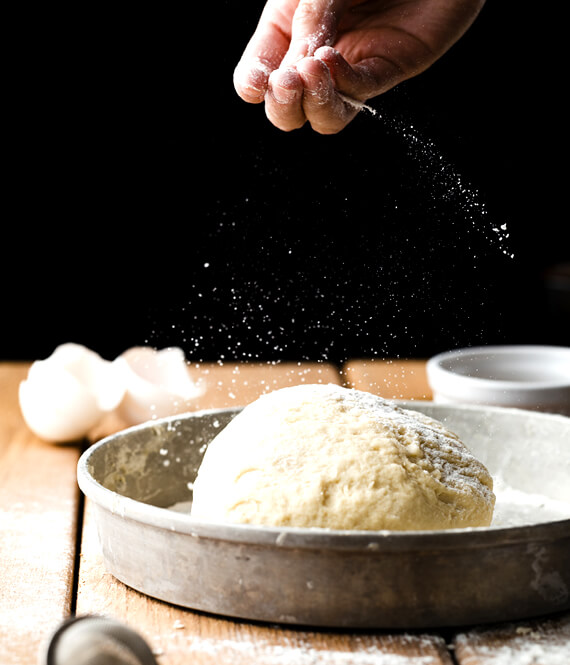
4 Promising Yeast Health Benefits That Keep Us Eyeing Pastries
We recommend helpful products in our articles. Read our full disclosure here. The content on this website is not intended to be a substitute for professional advice, diagnosis, or treatment.
Have you ever heard about yeast health benefits?
Neither did we… Until now.
Yeasts are eukaryotic (which means their cells have a nucleus) single-celled microorganisms that are classified as fungi.
The first yeast appeared hundreds of millions of years ago.
Today, there are around 1,500 different species of yeast.
While yeasts have several uses, they are most widely used in making food, especially bread, and in beer production.
Furthermore, yeast can often be beneficial to our health.
So, let’s explore seven interesting things you should know about yeast and its health benefits.
The Most Promising Yeast Health Benefits
1. Yeast Can Be Good for Your Digestive System
Foods that are rich in yeast contain lots of protein and B vitamins.
In fact, nutritional yeast is one of the most abundant sources of vitamin B12.
Nutritional yeast is the most common yest type found in foods that is rich in B vitamins and helps to break down foods for energy. Since vitamins B are essential for multiple digestive actions, yeast-rich foods can keep your digestive system in balance.
When you have the right amount of yeast in your body, your immune system can also do its job properly.
That’s because yeast is part of your gut’s healthy bacteria.
Yeast health benefits are extended by the fact that yeast can absorb minerals and vitamins from your food.
It can even fight disease.
Furthermore, nutritional yeast contains iron and zinc, which helps to build strong muscles and bones.
2. Brewer’s Yeast Can Keep Your Blood Sugars Balanced
One of the most important yeast health benefits is its ability to regulate blood glucose.
It’s because yeast rich in protein and contains mineral chromium, which assists in improving insulin sensitivity and keeping your blood sugar levels balanced.
3. The Yeast in Kefir Could Help to Treat Several Health Issues
Kefir is a yeast-rich dairy food from a region in Turkey.
The food is made by adding yeasty grains to milk.
In addition to keeping your gut bacteria balanced, the yeast in kefir can potentially help to treat things like eczema, diarrhea, and irritable bowel syndrome.
However, more research is required to find out just how much kefir and the yeast contained in the food can help to treat such health problems.
What we know so far is that yeast is a probiotic.
4. Someday, Yeast Might Even Be Able to Fight Cancer
Just like yeast health benefits that are potentially hiding in kefir, more research is needed to find out whether yeast could contribute to fighting cancer.
But at present, new cancer drugs and screening tests are taking place to see if yeast could be beneficial in helping cancer patients.
The reason that yeast could be instrumental in helping to treat cancer is that many genes involved in cancer are similar to the ones in yeast.
One notable project that’s currently underway is using yeast to create drugs to treat aggressive breast cancer that’s linked to the BRCA gene.
Speaking of cancer, did you know that PCOS can lead to an increased risk for certain cancers?
Find out more in this guide to fighting PCOS with diet and nutrition.
Interesting Facts About Yeast In Our Food
Genetically Modified Yeast Could Enhance the Aromas of Beers
There are other interesting things you should know about yeast that aren’t health-focused.
For instance, at present, researchers are looking at using genetically modified yeast to unlock the organic sulfur compounds in hops and malt in order to enhance the aromas of beers.
Therefore, a brewery may be able to produce even more aromatic beers in the near future.
The organization Omega Yeast is using a genetically modified yeast called thiolized yeast to make hazy beers like West Coast IPAs more aromatic.
Check out Ollie’s guide to thiolized yeast to learn more.
You might even like to start brewing your own beer using genetically modified yeast or even begin your own brewery.
In Bread Baking, Yeast Produces Waste Byproducts
What else can we tell you about yeast?
Well, in bread baking, yeast begins to respire straight after the mixing process.
Interestingly, as long as there’s an ample supply of oxygen and not much sugar, yeast will emit water and carbon dioxide as waste byproducts.
However, if there’s little oxygen or if fermentable sugars are available, fermentation can be ramped up, causing the byproducts of ethanol and a greater quantity of carbon dioxide.
Also, as the dough is kneaded, oxygen flows into it, which means the yeast can respire for a time.
As the oxygen gets used up, more fermentable sugars become available.
Yeast Is the Reason That Bread Smells So Good
While all bakers know that yeast is used in bread making to inflate the dough, you might not know that it’s the yeast that helps the bread to smell so good.
When yeast is used in bread making, it modifies thousands of chemicals in the mixture.
A number of those compounds produce sumptuous aromatics that contribute to the smell and flavor of the bread being made.
The longer the fermentation process is, the more pronounced the yeast flavors will become.
That’s because the microbes have more time to produce the compounds.
"We love to research problems, examine studies, analyze solutions, and share with you ideas that make life healthier. You can learn about us and our editorial standards here. Have suggestions or feedback to share? Send us a message!."



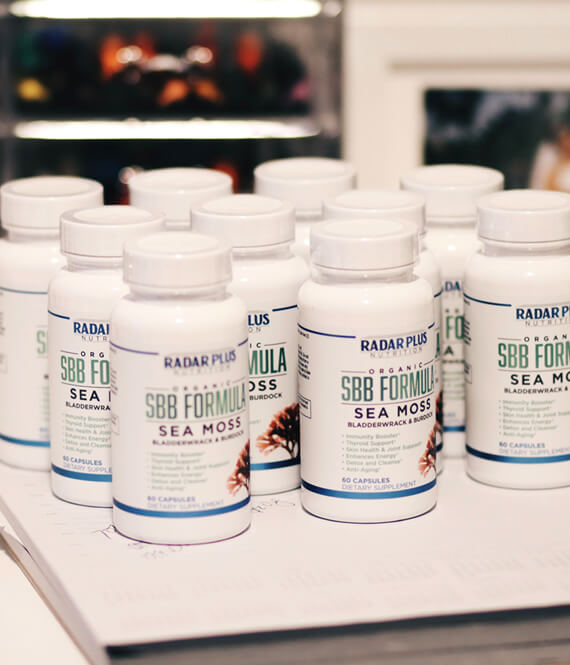



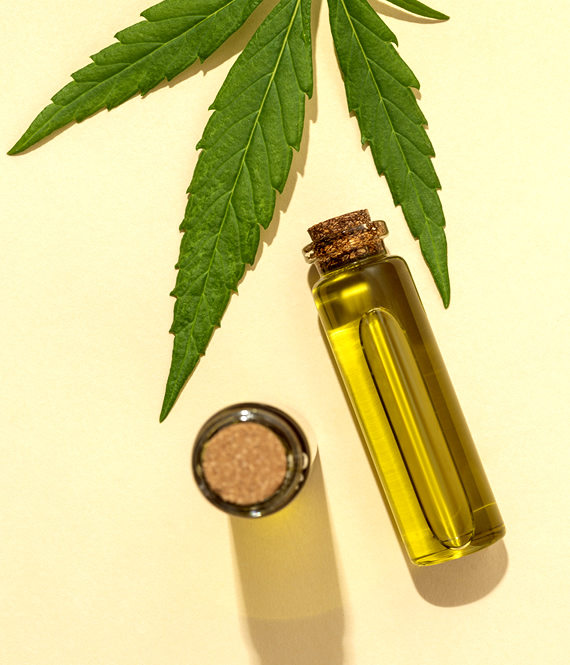
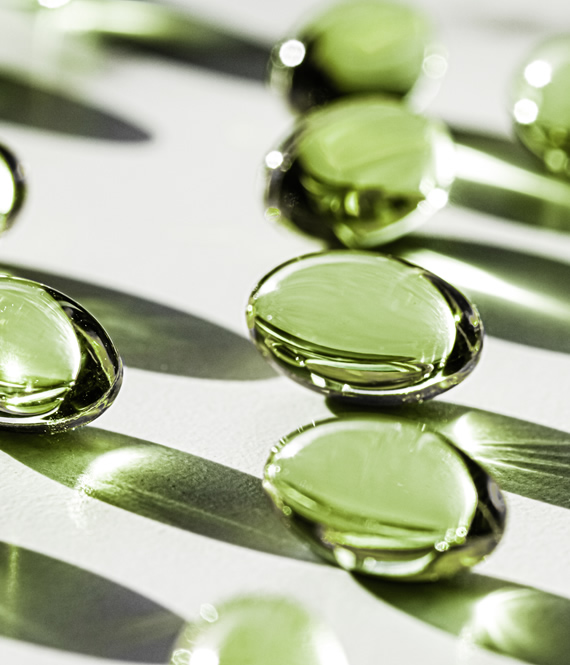



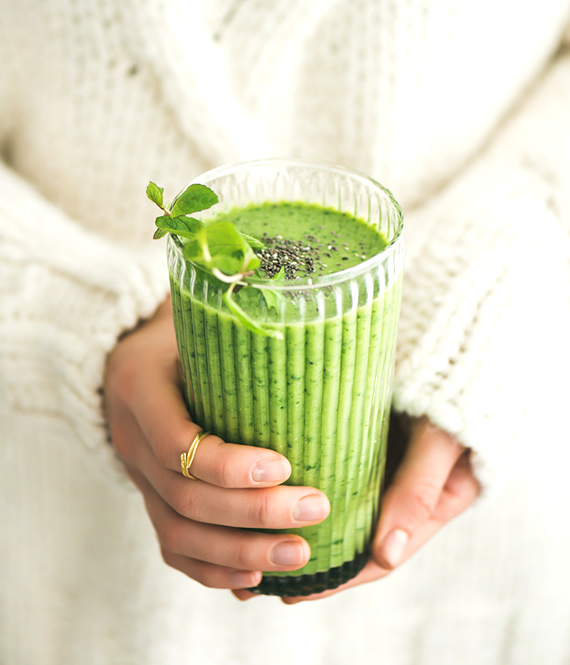
Leave a Comment